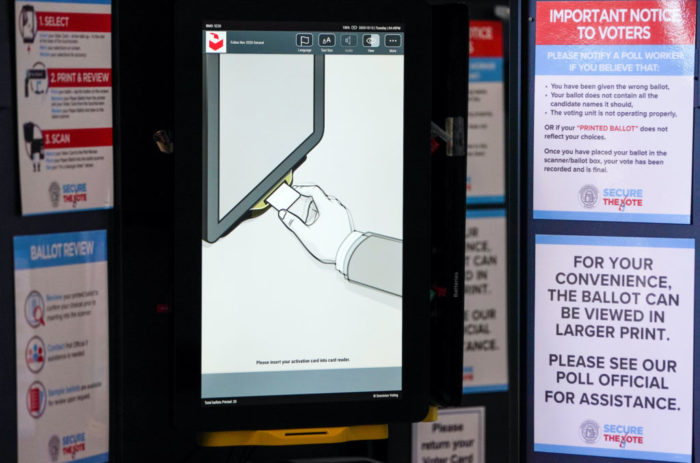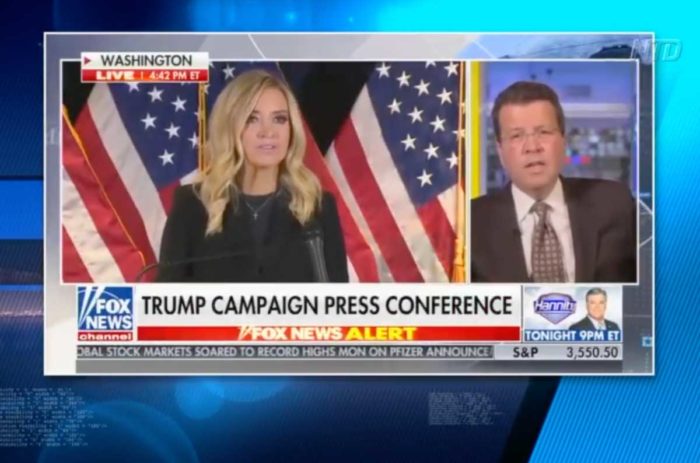redo Jump to...
print Print...
Directions
-Read the excerpt below from the the post "AP Bungles a 'No Comment'" posted on Jan. 19, 2010 at honestreporting.com's blog.
-Read "Types of Media Bias" in the right column. Then answer the questions.
After the Jewish Chronicle was hacked this week, an AP reporter asked [the] editor Stephen Pollard if he thought the attack had anything to do with strained Israeli-Turkish relations.
Pollard said … he didn’t want to speculate because he had no evidence to make that association.
Somehow, AP wrote:
Pollard said that the attack might be related to the diplomatic feud that erupted between Israel and Turkey last week, but added: “I don’t want to speculate.”
It’s pretty pathetic when a journ[alist] puts words in someone else’s mouth. Makes me wonder about the other “no comments” the wire service reports.
Read the original post at honestreporting.com.
Read Mr. Pollard’s explanation of his exchange with the AP reporter at thejc.com.
To accurately identify different types of bias, you should be aware of the issues of the day, and the liberal and conservative perspectives on each issue.
Types of Media Bias:Questions
The AP’s website states:
The Associated Press is the backbone of the world’s information system serving thousands of daily newspaper, radio, television and online customers with coverage in all media and news in all formats. It is the largest and oldest news organization in the world, serving as a source of news, photos, graphics, audio and video.
AP’s mission is to be the essential global news network, providing distinctive news services of the highest quality, reliability and objectivity with reports that are accurate, balanced and informed. AP operates as a not-for-profit cooperative with more than 4,000 employees working in more than 240 worldwide bureaus. AP is owned by its 1,500 U.S. daily newspaper members. They elect a board of directors that directs the cooperative.
AP supplies a steady stream of news around the clock to its domestic members, international subscribers and commercial customers.
What is the main problem with the AP reporter inaccurately quoting the Jewish Chronicle’s editor?
Scroll down to the bottom of the page for the answers.
Answers
The main problem with the AP reporter inaccurately quoting the Jewish Chronicle’s editor is that the misleading quote could anger the Turkish government and cause a problem for the Chronicle. The AP reporter gives readers the false impression that the Jewish Chronicle’s editor believes the Turkish government might have been involved in hacking into the paper’s computers. This is a serious allegation and not one that Mr. Pollard made.



